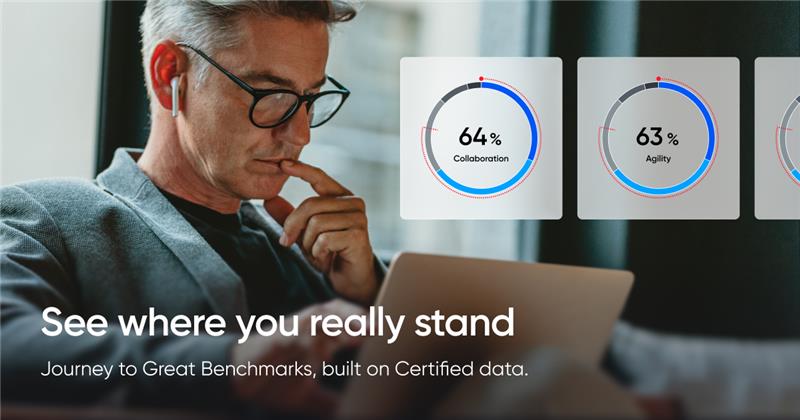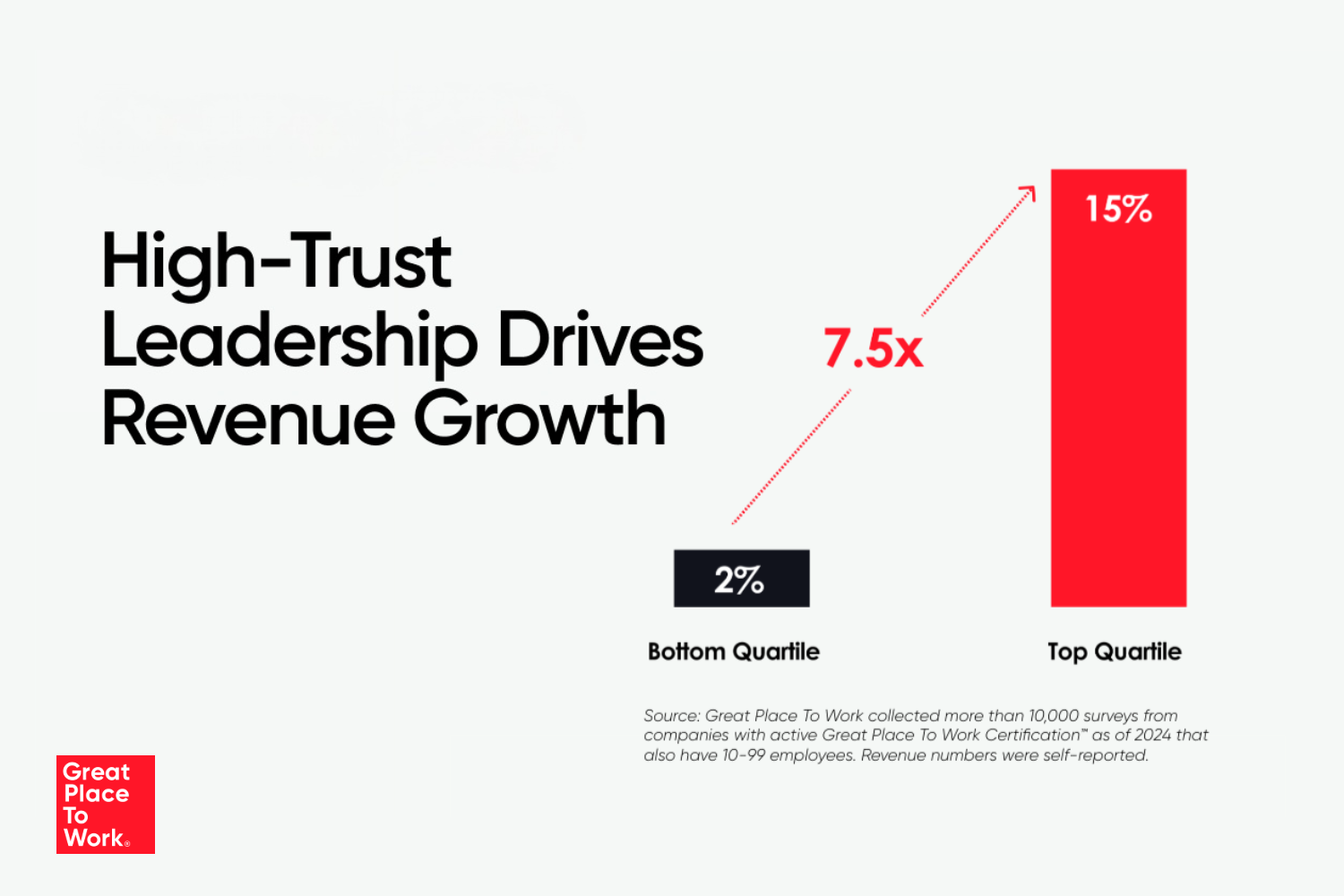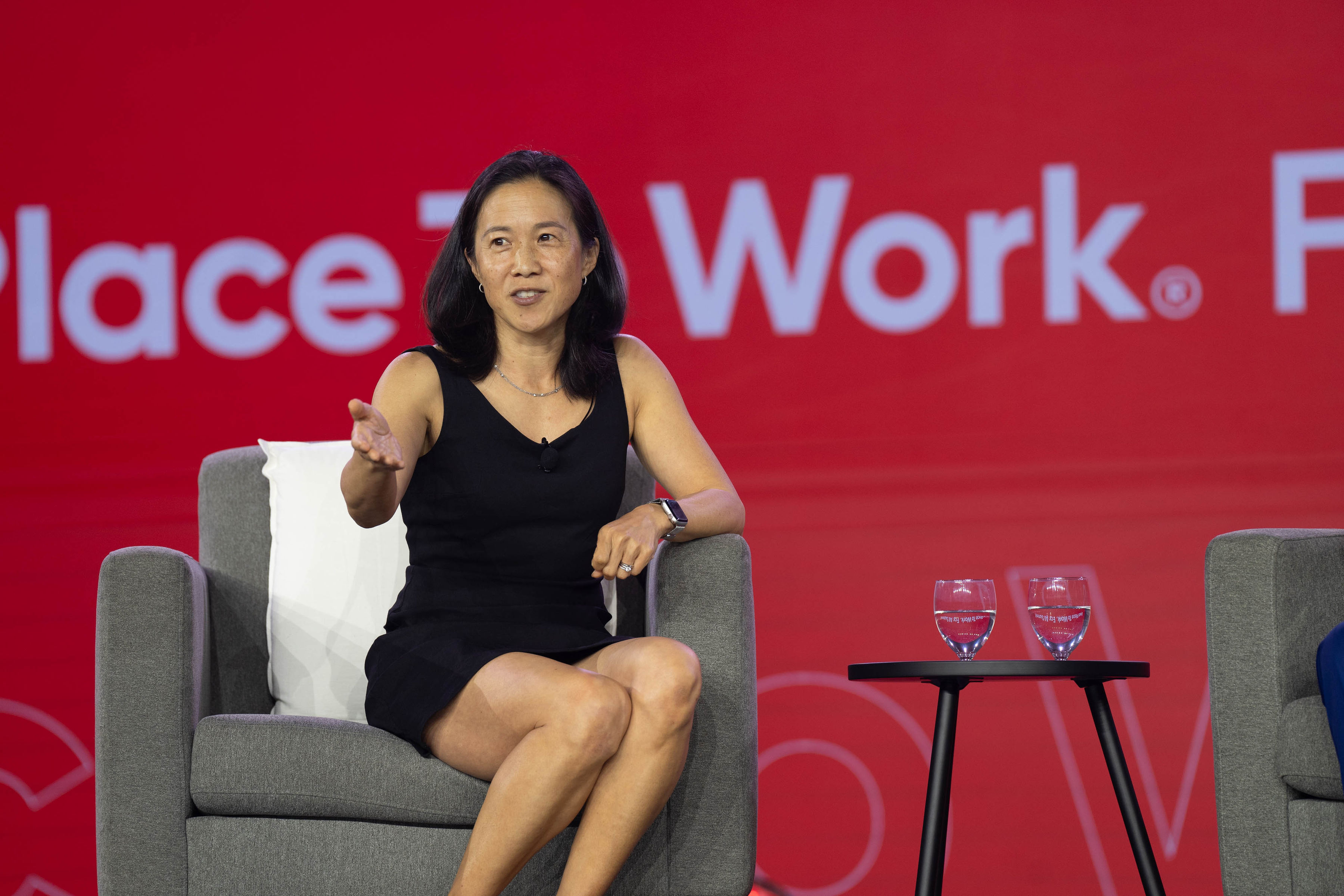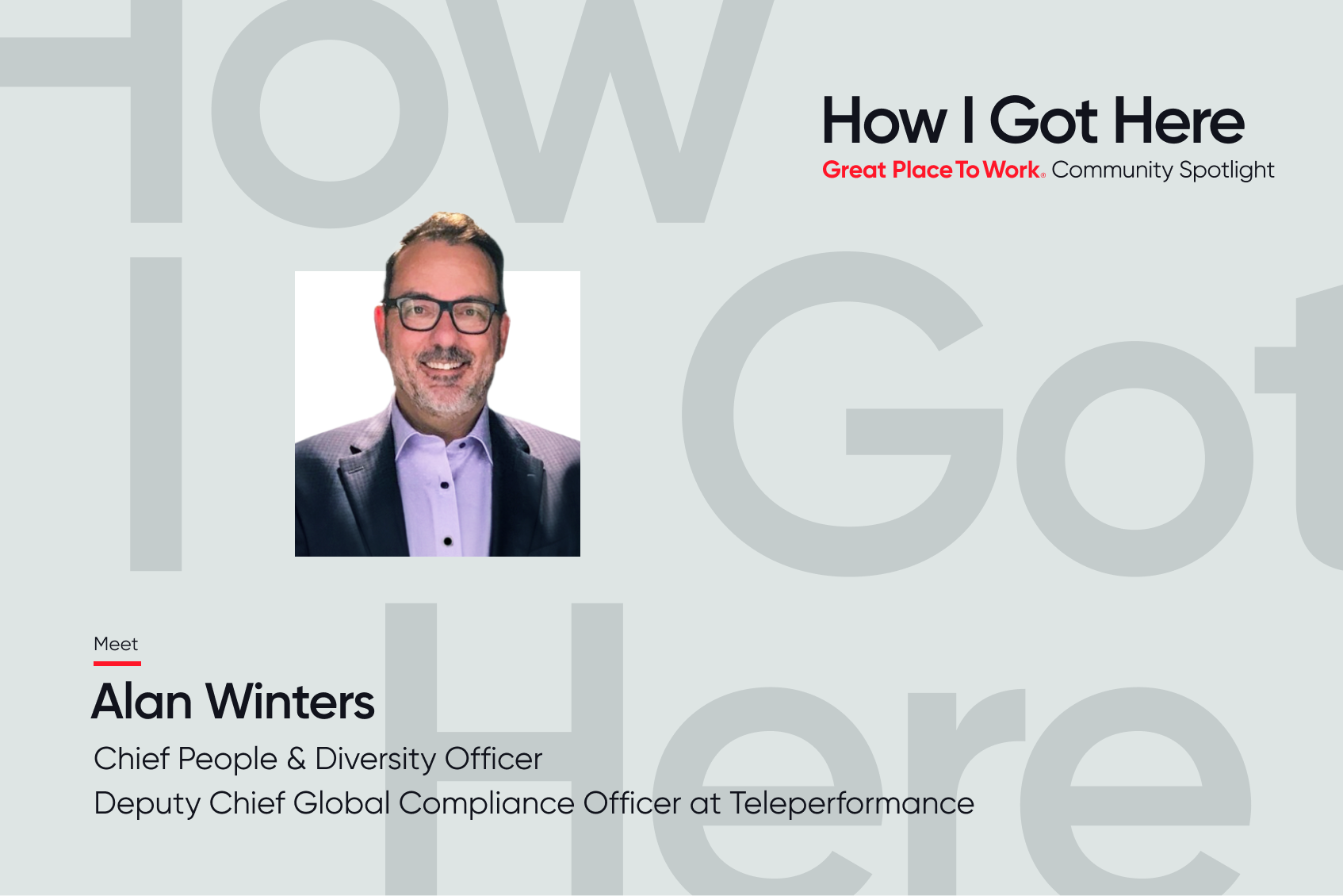AI (Artificial Intelligence), Developing, Hiring
Here’s what leaders should consider amid the AI boom and a weak labor market.
Despite rising fears that AI will replace jobs, early data shows something different.
Researchers from Yale found that AI hasn’t meaningfully disrupted the labor market since the launch of ChatGPT in 2022. What’s more, most companies are not seeing a return on their investment in AI.
There’s more of a reason to worry for early career professionals.
LinkedIn’s Aneesh Raman made headlines saying that AI was “breaking” the career ladders that typically launched careers. “To fix entry-level work, we’ll have to reimagine it entirely,” he wrote in The New York Times.
Researchers at Standford found that AI is already taking jobs from entry-level workers in the U.S., especially in AI-exposed professions like software engineering and customer service. The most AI-exposed jobs saw a 13% relative decline in employment for early-career workers after analyzing jobs data from payroll processor ADP.
This was true for workers whether or not they worked remotely or had college degrees — even when looking at different functions within the same company. Some roles that are less AI-exposed, such as home health aides, were less affected, and even showed an increase in hiring.
While the decrease is significant in many sectors, that doesn’t mean early-career workers are doomed. Bharat Krishnan Chandar, one of the authors of the study, isn’t ruling out that AI will eventually lead to more jobs for young people as the technology matures.
“Past transitions such as the IT revolution ultimately led to robust growth in employment and real wages after a period of physical and human capital adjustments, but some workers benefited more than others,” he says. “We want to continue tracking this on an ongoing basis to see if adjustment to AI follows a similar pattern.”
The need for new training models
The biggest question this raises is how companies in the current business landscape can bring in talent of the future.
“I think managers should be thinking about sensible ways to bring people into the pipeline so that they do not face a dearth of talent in the coming years,” Chandar says. “Some things to consider include apprenticeship programs, internships, or perhaps collaborations with schools and universities so that students get the skills they need to succeed.”
One more radical idea is to hire junior employees without assigning them to a dedicated role. Kelley Steven-Waiss, chief transformation officer at ServiceNow, put forward the idea in a conversation with Fortune: Hire 100 early-career digital natives for a “problem-solving pool” that rotate around your company until they find a role that matches their skills and interests.
“It’s a problem-solving team with a mission and they will learn how to collaborate, and we will likely see innovative new solutions that existing teams wouldn’t have come up with,” she says. “They’re wearing the jersey of the problem they’re actually working to solve, and they are going to learn so much about the dynamics, about how the company makes money.”
ServiceNow has its own learning and training program, ServiceNow University, which creates a “credentials wallet” and allows employees to record skills and certifications and chart unlikely paths through the organization.
“People come in thinking they want to grow in sales and then end up in HR or product development,” shared Jayney Howson, SVP of global learning at ServiceNow on the Better Podcast.
Exploring new credentials
One reason that AI affects entry-level roles more than senior roles is because experienced workers know how to use AI to solve challenges and get more done. Employees without that experience don’t have the same context to use AI as effectively.
A survey from the U.S. Chamber of Commerce found that 84% of hiring managers say high school grads are not ready for work, and 80% believe today’s grads are less prepared than previous generations.
For young talent to be effective, they need core business skills that will allow them to use AI and immediately contribute, says Neil Bradley, executive vice president and chief policy officer at the U.S. Chamber of Commerce.
“If Gen Z doesn’t have core business skills, they risk missing out on roles that require judgment, collaboration, and adaptability—things AI simply can’t do,” he explains. That’s why the U.S. Chamber is partnering with College Board to offer new AP course work focused on building career skills, called AP Career Kickstart.
For employers, hiring entry-level talent might focus less on specialized skills and knowledge. A credential certifying human skills like collaboration, communication and business acumen might be a useful indicator for AI-ready new hires.
“Employers should think broadly about indicators of workforce readiness,” Bradley says. “It’s about recognizing potential, not just pedigree.”
Turn culture insights into business wins
Let the Trust Index™ Survey reveal your workplace’s hidden strengths and areas for growth. Start transforming today.











